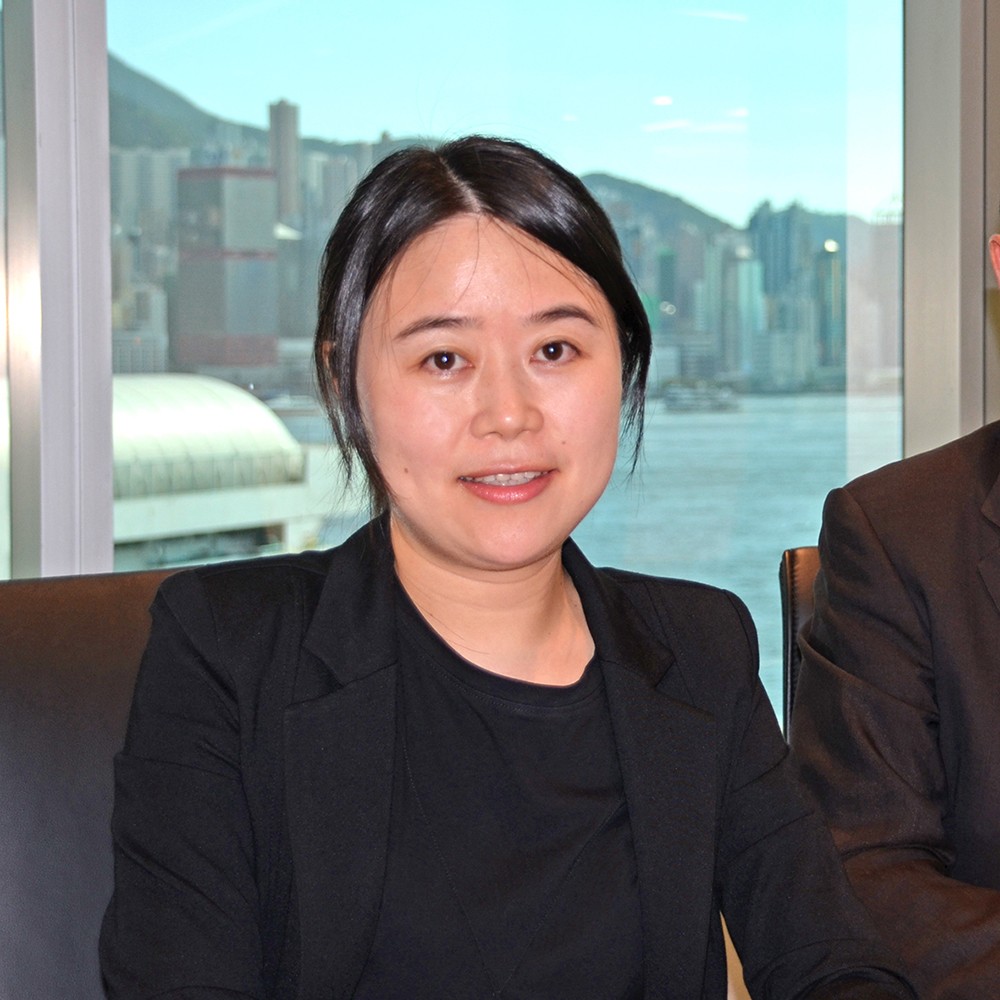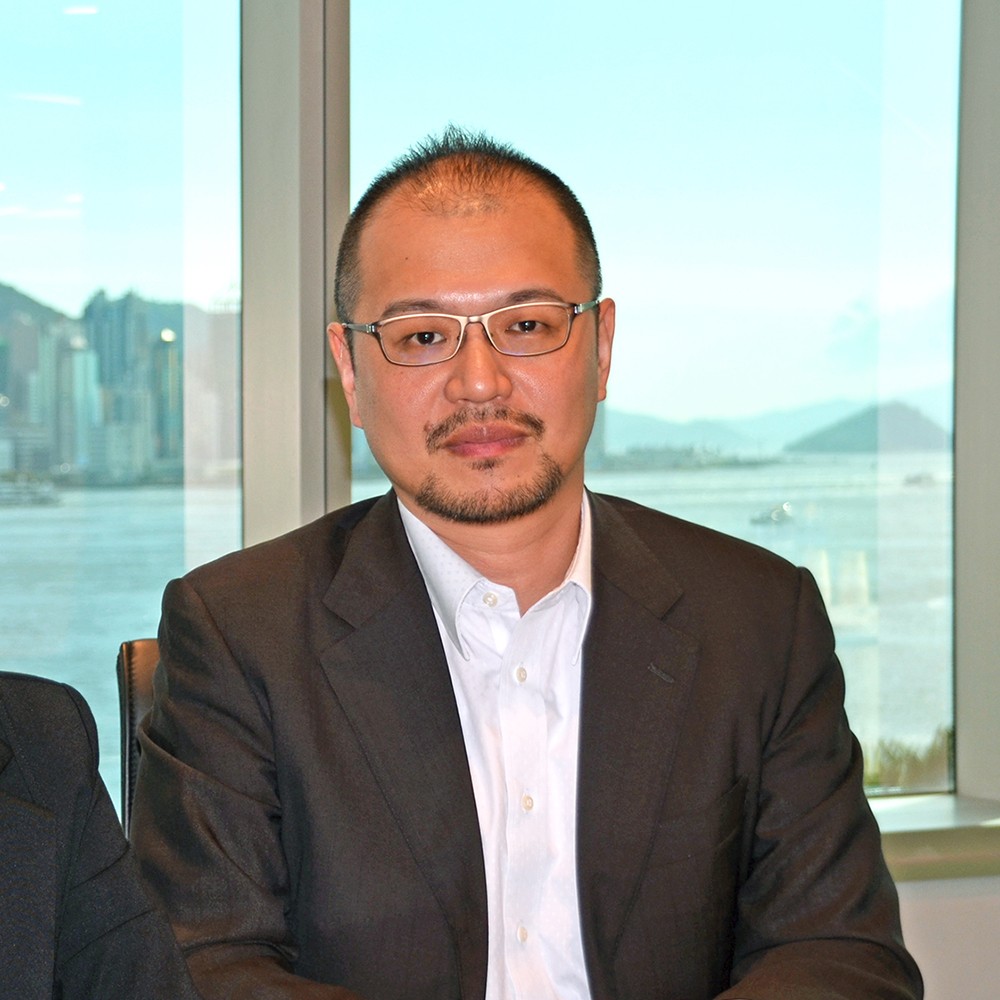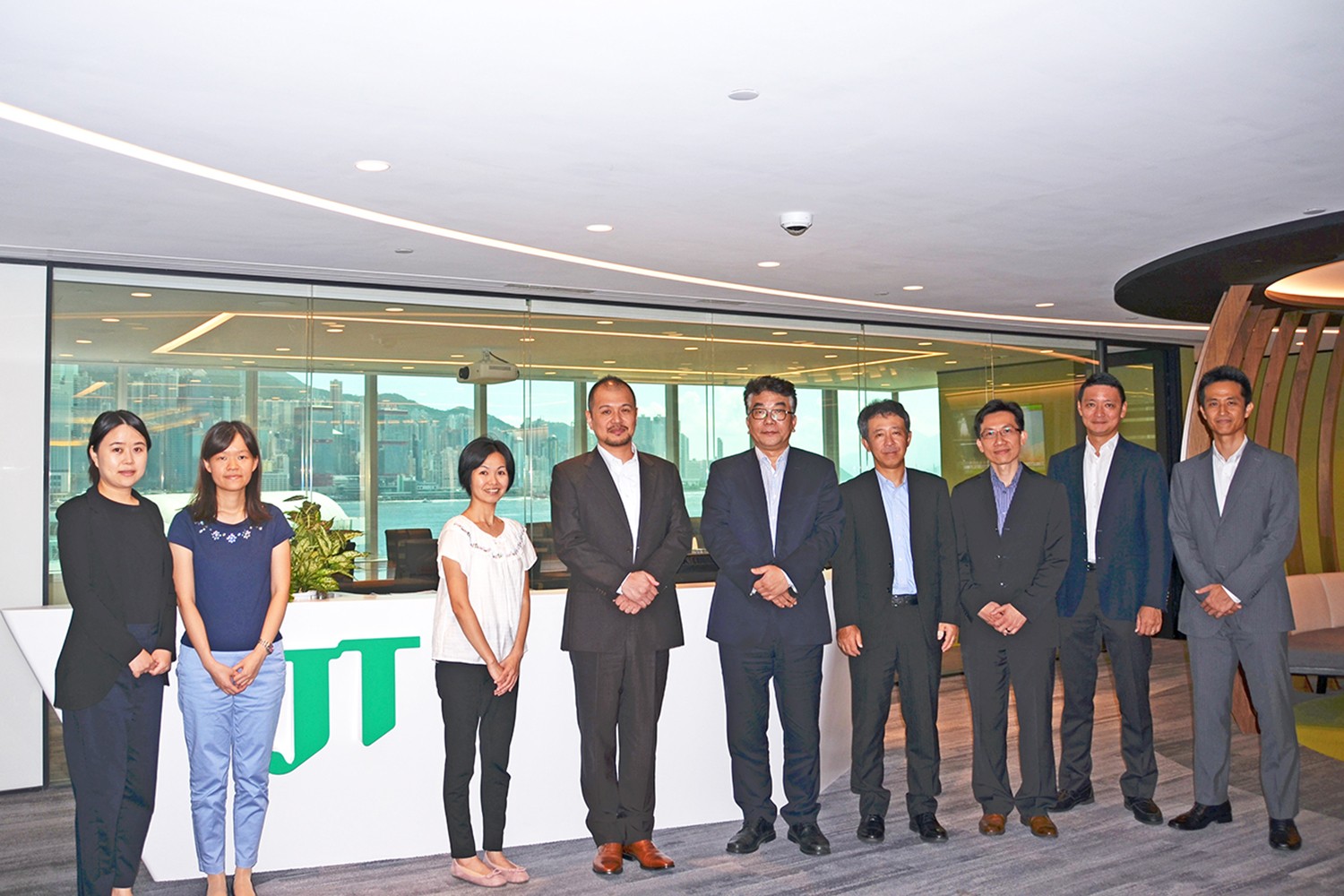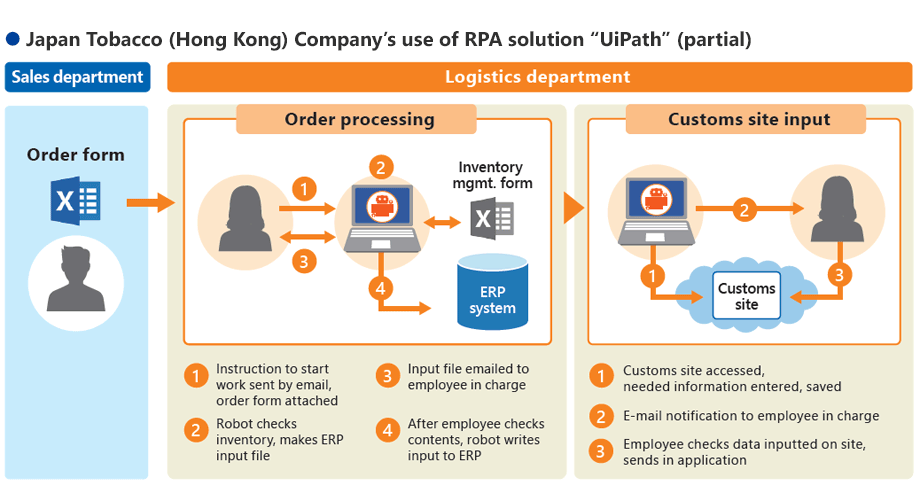Japan Tobacco (Hong Kong) Limited
Summary:
Introduced service:
Client interview
Why did you choose UiPath ?
Assured by KDDI's extensive implementation experience
In order to reduce the burden on the logistics department, the company was exploring RPA. Mr. Morikawa says, "I knew about RPA through the media, but I was doubtful whether it would actually be useful for our company. However, after seeing the great test results, I immediately decided we would use it." As for why the company chose UiPath with KDDI, Mr. Kishikawa says, "A major reason was that we could start small. We were satisfied with the proposed solution and the cost, and it was assuring to see that KDDI had extensive experience with implementing UiPath in Asia."

KEIZO MORIKAWA
Results of using UiPath
Input work that had taken about an hour only takes 20 minutes now.

of System Development
CLAIRE LI
RPA enabled the reduction of workload, especially that of the input to customs systems. Ms. Li says "From product information to shipment information, a huge amount of data had to be entered without mistake. Lots of time and effort were spent, such as printing out the input screen and checking the input information items one-by-one. Now the work is automated and efficient, greatly reducing the work burden and allowing the staff to relax."
Solving overwork and making efficient use
of company resources at the same time
Through the introduction of RPA, the logistics department was able to cut about 157 hours of work per month. Ms. Li says with a smile, "The department, which used to work a comparatively large amount of overtime, can now enjoy a better work-life balance." Furthermore, because of the reduction in workload, the logistics department can now handle new tasks without needing additional personnel. Mr. Morikawa says, "In addition to our goal of solving the overtime problem, we were also able to make better use of company resources. The decision to adopt RPA is a great success to us. We are now exploring if other departments can also leverage RPA to contribute to a company-wide enhancement of how we do our work."

of System Development
TATSUHIKO KISHIKAWA
Additional efficiency achieved through revamping how tasks were done

Other tasks that were automated through RPA were inventory checking upon receipt of order forms and inputting order form data into the ERP system. Mr. Kishikawa says, "To achieve automation we revamped our practices, such as moving from hand-written paper to Excel for managing inventory. These changes may create a temporary burden for staff at the beginning, but they result in workload reductions, and everyone says it's a good thing. I think this has become a good example of a workplace culture of pursuing innovation."
Service implementation diagram

- *The listed information was from the date of the interview.


